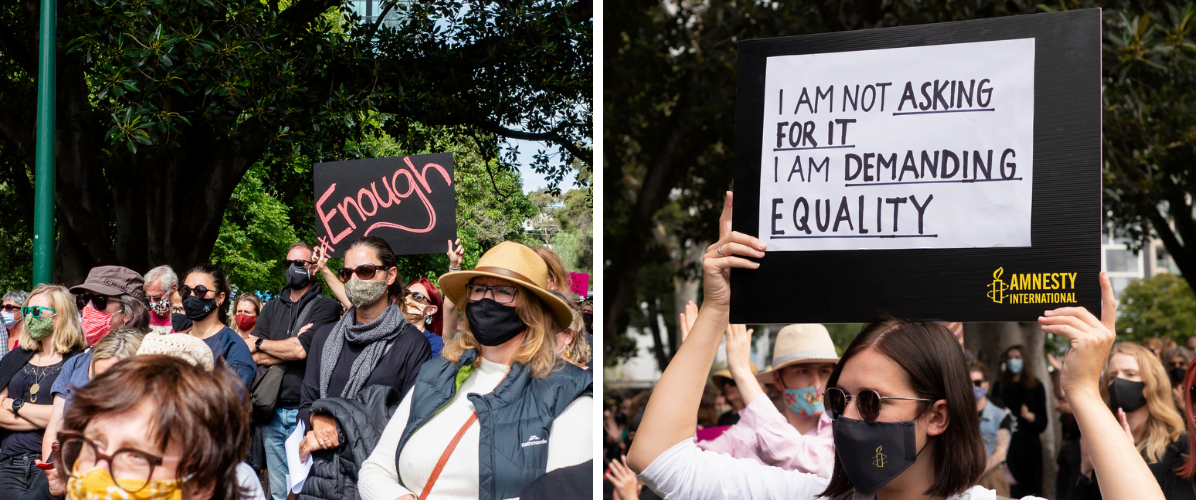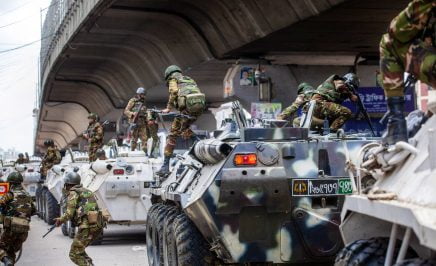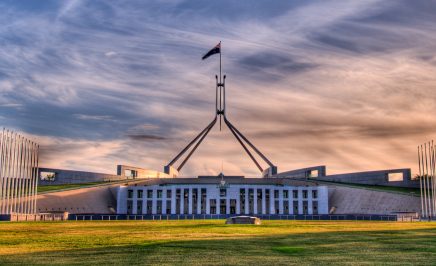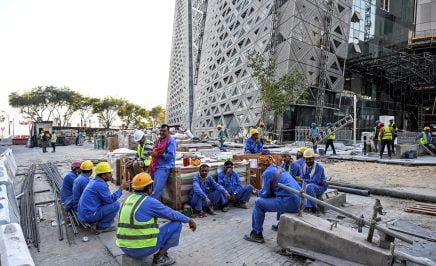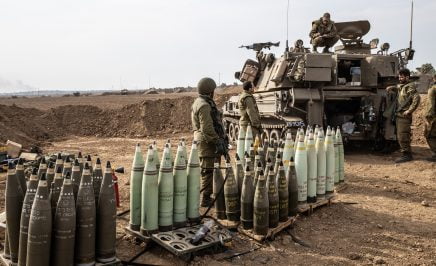Amnesty International Australia today expressed serious concerns about the draft National Plan to End Violence against Women and Children, including its failure to address gender-based violence as an abuse of women’s human rights, as recognised in the United Nations Declaration on the Elimination of Violence against Women.
Submissions on the draft plan closed on Friday.
“Amnesty is concerned the draft as it stands overlooks the Internet as a channel for gender-based violence. The UN has recently found that online abuse has been rapidly increasing in recent years,” Amnesty International Australia campaigner Nikita White said.
“The draft plan also acknowledges the need for a dedicated plan for First Nations peoples, but does not commit to the implementation of such a plan. The government has failed to listen and consult with First Nations communities who have called out for a self-determined, dedicated National Plan,” White said.
Other areas of concerns outlined in Amnesty International Australia’s submission on the plan include a lack of specificity of the “unique challenges” faced by people living with disabilities and how these challenges would be addressed. Although the draft acknowledges these challenges exist, it fails to expand on them, or address them.
There are also no targets reflecting the experiences of diverse communities, aside from children, despite intersectionality being a Foundation Principle of the draft Plan. The plan should include targets that address the violence experienced by diverse communities.
The needs and experiences of migrant and refugee women, LGBTQIA+ people, older women, and women in rural, regional, and remote communities are all mentioned in a box-ticking manner.
“The draft plan is deeply flawed – the consultation reports were never released so it is difficult to comment on whether the draft Plan reflects stakeholder consultation. More importantly, the draft lacks concrete plans to achieve the plan’s goals. This includes references to how these plans will be funded and resourced,” White said.
“Stakeholders and survivors have been calling for greater funding for years, particularly since the beginning of the COVID-19 pandemic. These stakeholders and survivors already have many of the solutions to end gender-based violence. The government now needs to ensure their solutions are included in the final Plan, and fully funded.”
